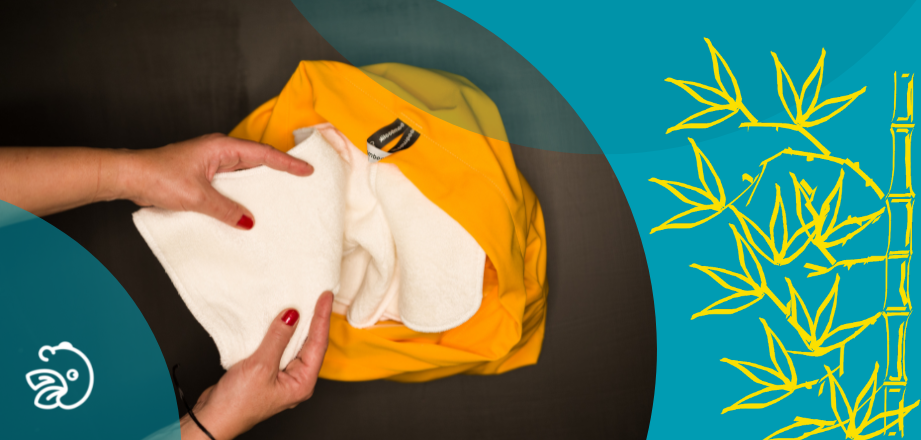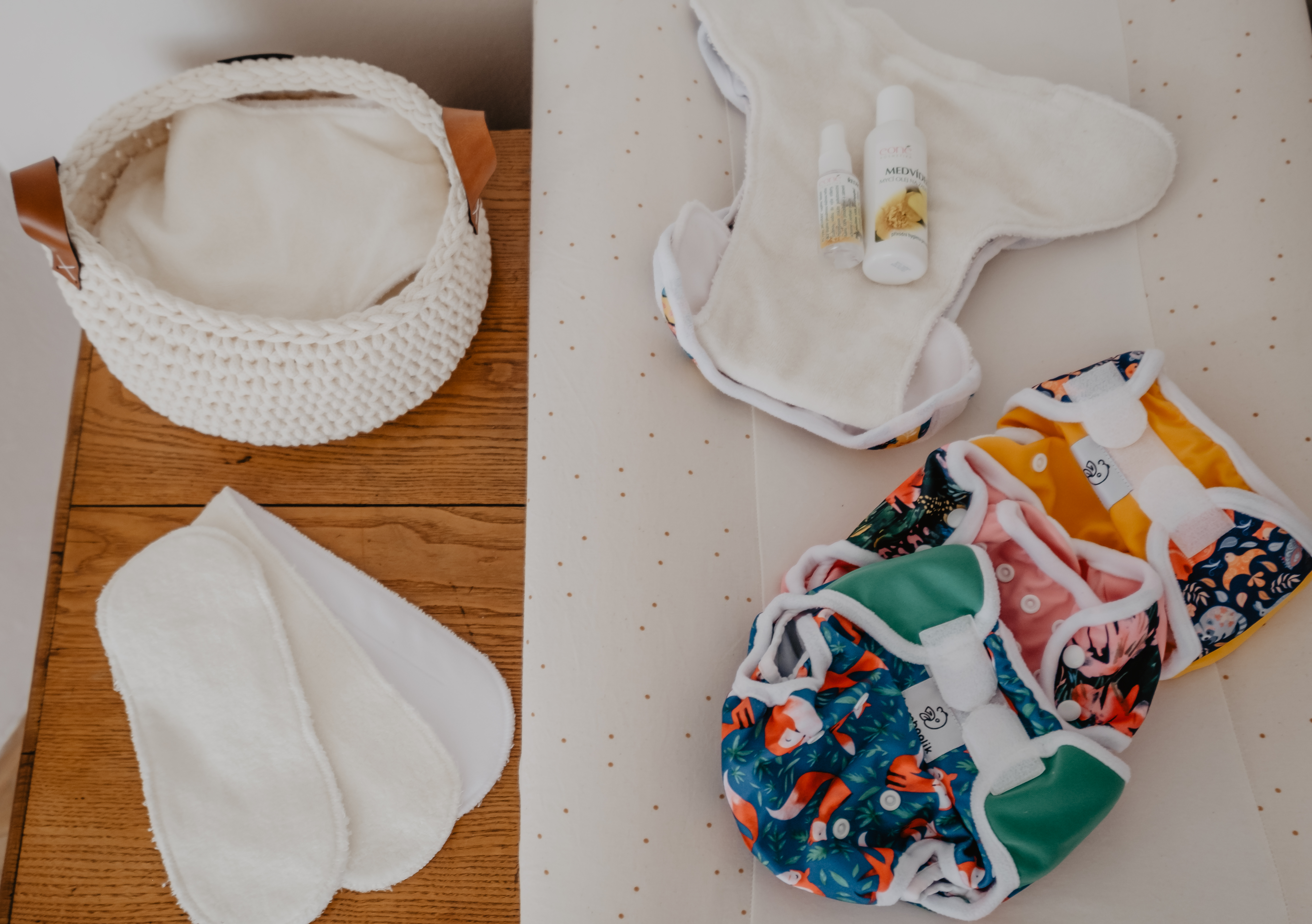What is bamboo rayon?

What exactly should you imagine under the term „bamboo rayon“? Simply said, bamboo rayon is a fibre which is used to produce (weave or knit) textile fabric. Primal source of this thread is bamboo, a plant of the Bambusaea tribe.
Ecological bamboo?
Bamboo is undoubtedly one of the fastest growing plants on Earth (some species can grow one or two meters in a single day). It creates such a complex root system that it’s not necessary to replant it after harvest, bamboo simply grows back just from the roots. Therefore, it’s almost miraculous when it comes to sustainable development! And because bamboo is naturally anti-bacterial, no pesticides are used in its growing. Summed up, bamboo behaves as a super quickly growing weed, it needs neither fertilization nor pesticides and to top it off, it regrows on its own.
Bamboo textile
Bamboo doesn’t form fibre on its own (as opposed to cotton). Basically, there are two ways to produce a bamboo thread; in both cases bamboo has to be dissolved first.
When using historically older method (mechanically processed bamboo fibre), bamboo is dissolved by natural enzymes. Fabric produced from these fibres is quite tough and therefore was never favoured in textile industry. Such a fabric is not very fitting for cloth diapers as it would most likely make the baby feel pretty uncomfortable.
On the other hand, modern fabric made of bamboo rayon is of such structure and softness that it’s ideal for cloth diaper production. And not only for that. We all enjoy its softness, anti-bacterial properties, thermo-regulating stability and all the other advantages, as bamboo clothes are a huge trend right now. The mechanism of bamboo rayon’s production was developed in the 80’s (of 20th century) and has quickly become the most innovative natural source of material in textile industry. The production of bamboo rayon is succinctly described as follows: firstly, bamboo is macerated in alkaline solution that makes the bamboo dissolve to cellulose. Such a solution is then run under high pressure through a nozzle, thus becoming a fibre. All remnants of the alkaline solution are removed during the process; the resulting fibre being still bamboo, with changed molecular structure.
Consumer protection
You might have heard or read that cases when textile products are labelled as “bamboo” even when they’re actually made of bamboo rayon, may be considered consumer deception. We certainly do not agree with this view! The disputes regarding labelling of bamboo textiles come from the US, one of the world’s biggest cotton producers, which should be emphasized in this context. As well as the fact that bamboo, in the other hand, is mostly grown in Asia.
US Federal Trade Commission has issued a warning in which it forbids to label textile fabric made of bamboo rayon as just “bamboo”. Bamboo rayon should always be marketed as bamboo rayon (or bamboo viscose). In general, Federal Trade Commission has just concretized the rules for labelling bamboo clothes and textile fabrics.
Bamboolik’s cloth diapers are always labelled as “bamboo rayon”. Now you know also the background of this term.
Organic growing and production without chemicals
We sometimes get questions: Is the bamboo you use organic? Is your bamboo rayon produced without chemicals? This is what we can say:
Bamboo is basically always organic, it is one of the most fastest growing plants and therefore never needs any herbicides :)
As for the bamboo rayon Bamboolik uses:
When manufacturing bamboo rayon, some chemicals always have to be used, these are however properly removed from the fibre after finishing the process. The proof of this is the Oeko-Tex certificate we possess both for the fibre and the material. The certificate proves there are no residues of chemicals which might in any way harm the skin, the material is absolutely safe and certified for use for children under 3 years of age.
It is necessary to say that the question is not as much which material is being processed but especially the way of production and the chosen factory which processes the material - whether it adheres to lawful limits etc. This is why we purchase material only from personally verified and certified suppliers.

